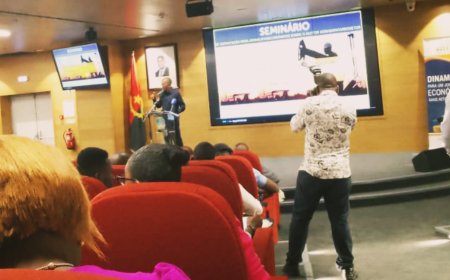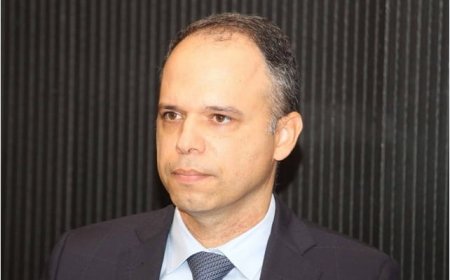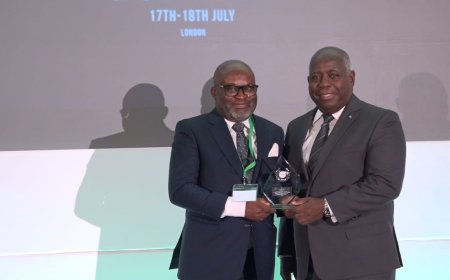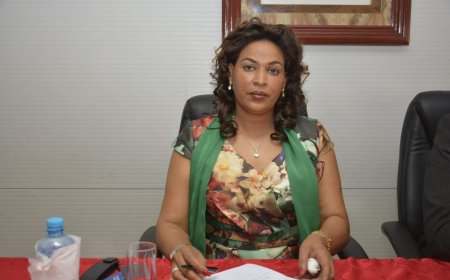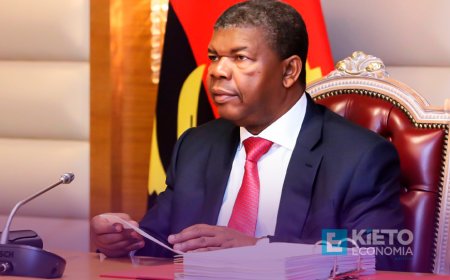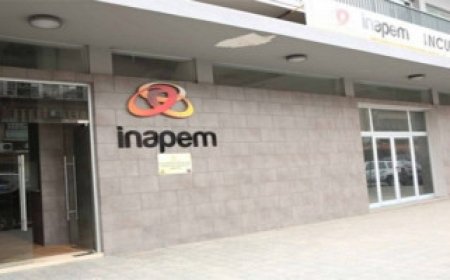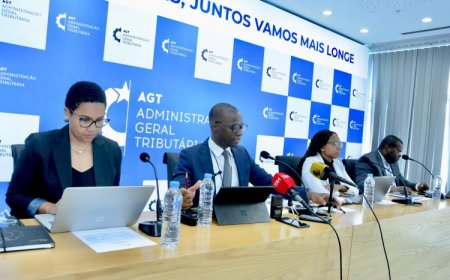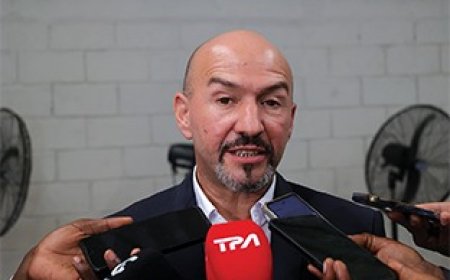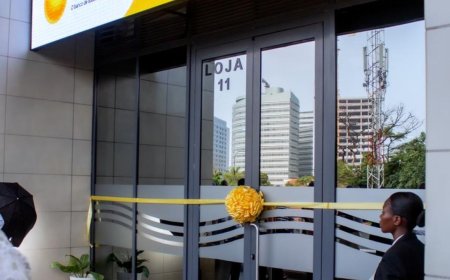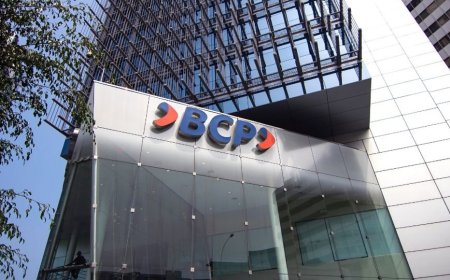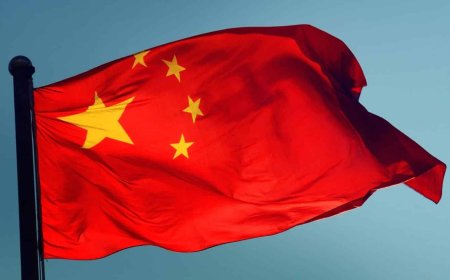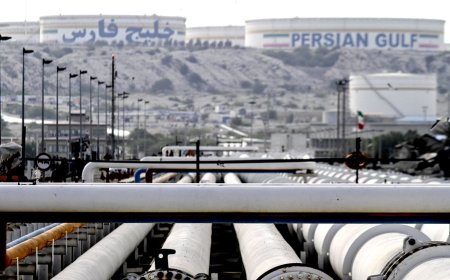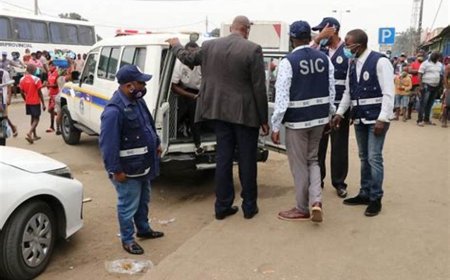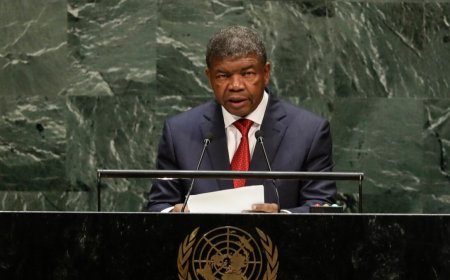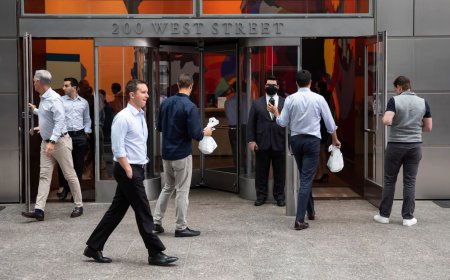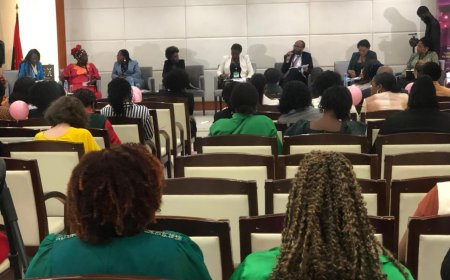MPLA heavyweights summoned by the legal area of Banco BIC to resolve irregular credit.
They are José Amaro Tati, former governor of Bié, the former rector of the Agostinho Neto University (UAN) and former Secretary of State for Science and Technology, João Teta, and Hermenegildo Coelho da Cruz, former municipal administrator of Chinjenje, in Huambo. The three are leading figures of the MPLA who are now obliged, by the BIC, to return the money they requested from that entity.
Dário do Leste
A group of MPLA 'heavyweights' is being called by the Legal Department of Banco BIC to, among others, deal with the resolution of the loans they contracted with that banking institution and which is now in the litigation phase, Kieto Economia learned from sources on the bank's board.
Trata-se dos nomes de José Amaro Tati, o ex-governador do Bié, do antigo reitor da Universidade Agostinho Neto e ex-secretário de Estado da Ciência e Tecnologia, João Sebastião Teta, e do antigo administrador do município do Chinjenje, no Huambo, Hermenegildo Coelho da Cruz.
The three leading figures of the party that has governed Angola since independence are exposed in a list prepared by Banco BIC and that was published by Jornal de Angola, in the edition of Monday, 2.
In all, there are seven names that make up the list that Bic exposed in Jornal de Angola. In addition to the three political figures known to the public, there are also the names of Cristóvão de Almeida Pinho, Paula Cristina Trindade Viane Poças, Brancados Santos Venâncio and Marcelino Gonçalves José Coelho.
"Banco BIC SA summons you, in reference to the list below, to appear at its facilities, at the headquarters building, in Talatona, to deal with a matter of your interest," reads the announcement circulated in Jornal de Angola.
The BIC list does not justify why these people were exposed in the newspaper with the largest circulation in the country, but, to Kieto Economia, sources from the BIC administration even guarantee that, when this type of advertisement comes out in the newspapers, it means that those targeted have credit of dubious recovery.
"It may be the case that the process of these figures who have been called are already at the stage of credit litigation. It may be that they have credit and that all expectations of recovery have been exhausted and have transferred to the sphere of the legal area. So, in this sense, the lawyers of the bank decided to take the process in the legal forum," confided a source from one of the bank's directorates.
According to what is still practice, when they are called, it may be the case that the bank wants to estimate what the procedural costs will be. "Usually, some clients are summoned, taking into account the amount itself, in order to know if the process moves forward or not. When these cases go to the legal area, it is because the credits are doubtful," commented the financial analyst assigned to the research department of another large banking institution in the country.
Banco BIC's list published in Jornal de Angola makes no reference to the nature and financial year in which these credits were incurred.
However, the bank's balance sheet accounts show that the institution continues to lead in the provision of bank credit in the domestic domestic market.
According to its CEO, Hugo Teles, for the third consecutive year, BIC was the Angolan commercial bank that granted the most credit to the productive sectors of Angola's real economy. In 2022, the institution strengthened its dominant position in supporting the private sectors of agriculture, livestock, fisheries, industry and mining.
"It is a source of pride that represents Banco BIC's confidence in our Clients (companies and individuals), and in the country's economic growth. We were cautious in our management and prudent in assessing risk influenced by stagnation of productivity growth, to which they were not unrelated: inflation, the rise in consumer prices, the relevance of the informal market and the materialization of the financial retraction of companies and households, still under the effects of the pandemic", wrote Hugo Teles, in his message accompanying the accounts for the 2022 financial year.
MPLA heavyweights summoned by the legal area of Banco BIC to resolve irregular credit
They are José Amaro Tati, former governor of Bié, the former rector of the Agostinho Neto University (UAN) and former Secretary of State for Science and Technology, João Teta, and Hermenegildo Coelho da Cruz, former municipal administrator of Chinjenje, in Huambo. The three are leading figures of the MPLA who are now obliged, by the BIC, to return the money they requested from that entity.

Dário do Leste
A group of MPLA 'heavyweights' is being called by the Legal Department of Banco BIC to, among others, deal with the resolution of the loans they contracted with that banking institution and which is now in the litigation phase, Kieto Economia learned from sources on the bank's board.
Trata-se dos nomes de José Amaro Tati, o ex-governador do Bié, do antigo reitor da Universidade Agostinho Neto e ex-secretário de Estado da Ciência e Tecnologia, João Sebastião Teta, e do antigo administrador do município do Chinjenje, no Huambo, Hermenegildo Coelho da Cruz.
The three leading figures of the party that has governed Angola since independence are exposed in a list prepared by Banco BIC and that was published by Jornal de Angola, in the edition of Monday, 2.
In all, there are seven names that make up the list that Bic exposed in Jornal de Angola. In addition to the three political figures known to the public, there are also the names of Cristóvão de Almeida Pinho, Paula Cristina Trindade Viane Poças, Brancados Santos Venâncio and Marcelino Gonçalves José Coelho.
"Banco BIC SA summons you, in reference to the list below, to appear at its facilities, at the headquarters building, in Talatona, to deal with a matter of your interest," reads the announcement circulated in Jornal de Angola.
The BIC list does not justify why these people were exposed in the newspaper with the largest circulation in the country, but, to Kieto Economia, sources from the BIC administration even guarantee that, when this type of advertisement comes out in the newspapers, it means that those targeted have credit of dubious recovery.
"It may be the case that the process of these figures who have been called are already at the stage of credit litigation. It may be that they have credit and that all expectations of recovery have been exhausted and have transferred to the sphere of the legal area. So, in this sense, the lawyers of the bank decided to take the process in the legal forum," confided a source from one of the bank's directorates.
According to what is still practice, when they are called, it may be the case that the bank wants to estimate what the procedural costs will be. "Usually, some clients are summoned, taking into account the amount itself, in order to know if the process moves forward or not. When these cases go to the legal area, it is because the credits are doubtful," commented the financial analyst assigned to the research department of another large banking institution in the country.
Banco BIC's list published in Jornal de Angola makes no reference to the nature and financial year in which these credits were incurred.
However, the bank's balance sheet accounts show that the institution continues to lead in the provision of bank credit in the domestic domestic market.
According to its CEO, Hugo Teles, for the third consecutive year, BIC was the Angolan commercial bank that granted the most credit to the productive sectors of Angola's real economy. In 2022, the institution strengthened its dominant position in supporting the private sectors of agriculture, livestock, fisheries, industry and mining.
"It is a source of pride that represents Banco BIC's confidence in our Clients (companies and individuals), and in the country's economic growth. We were cautious in our management and prudent in assessing risk influenced by stagnation of productivity growth, to which they were not unrelated: inflation, the rise in consumer prices, the relevance of the informal market and the materialization of the financial retraction of companies and households, still under the effects of the pandemic", wrote Hugo Teles, in his message accompanying the accounts for the 2022 financial year.
What's Your Reaction?







